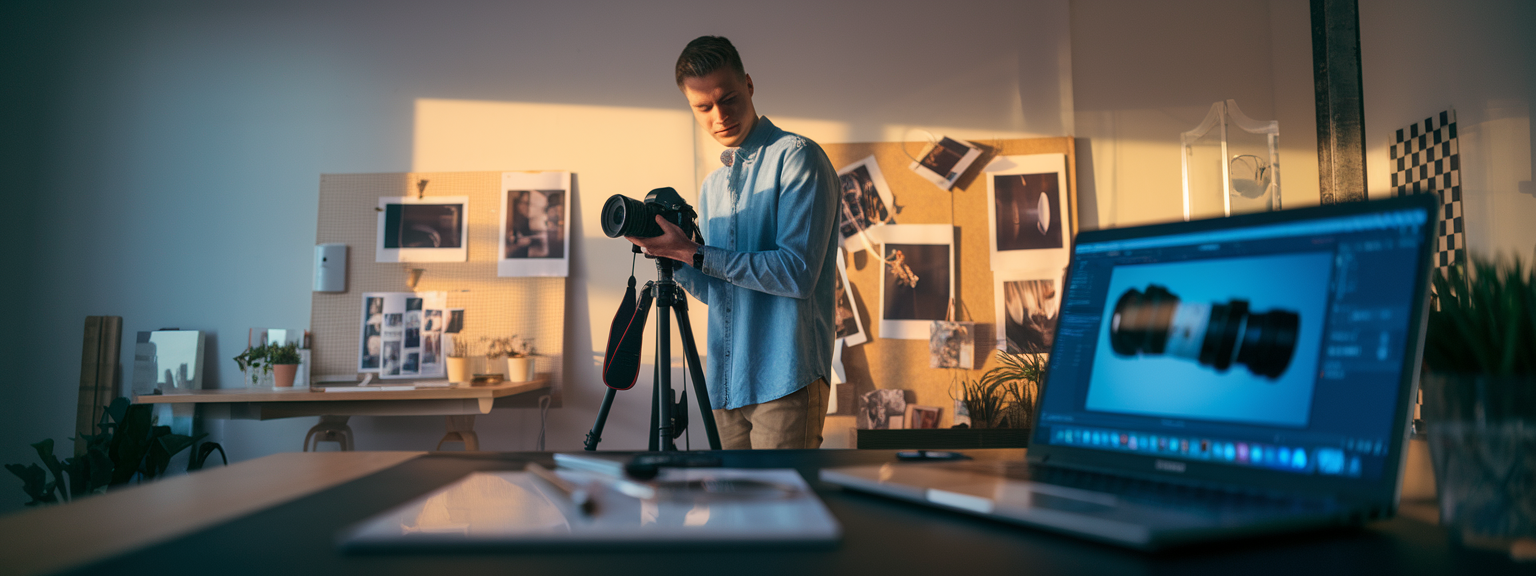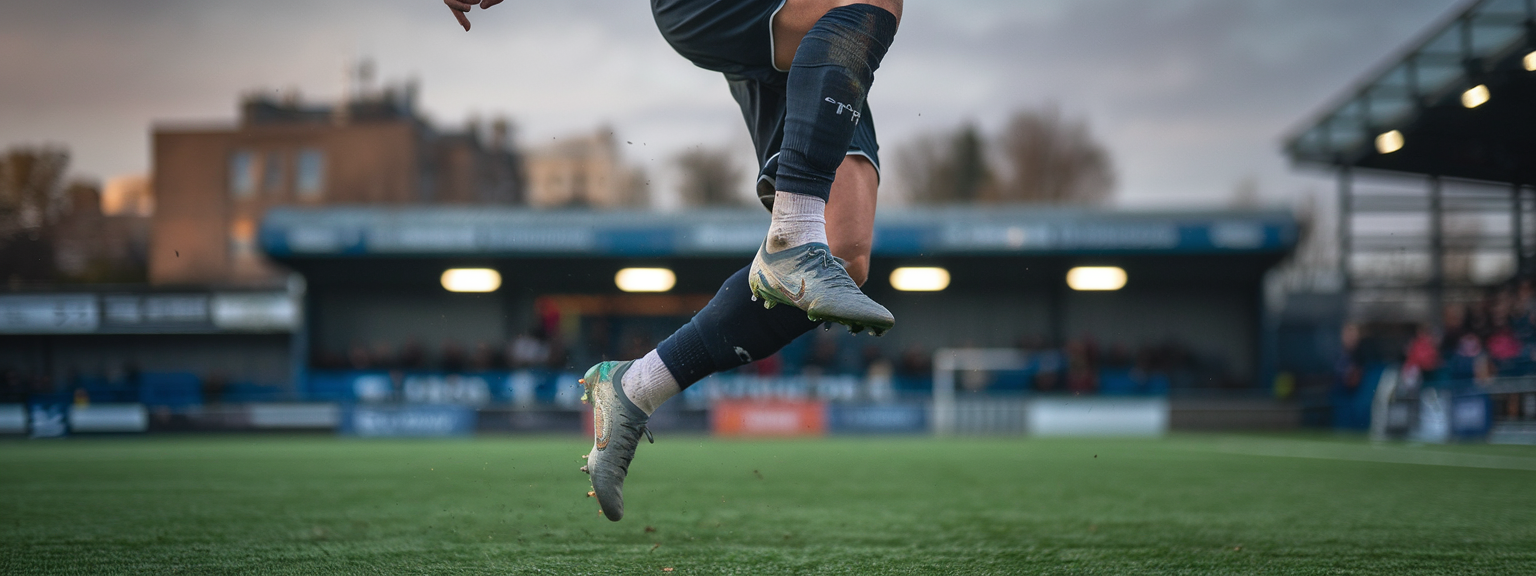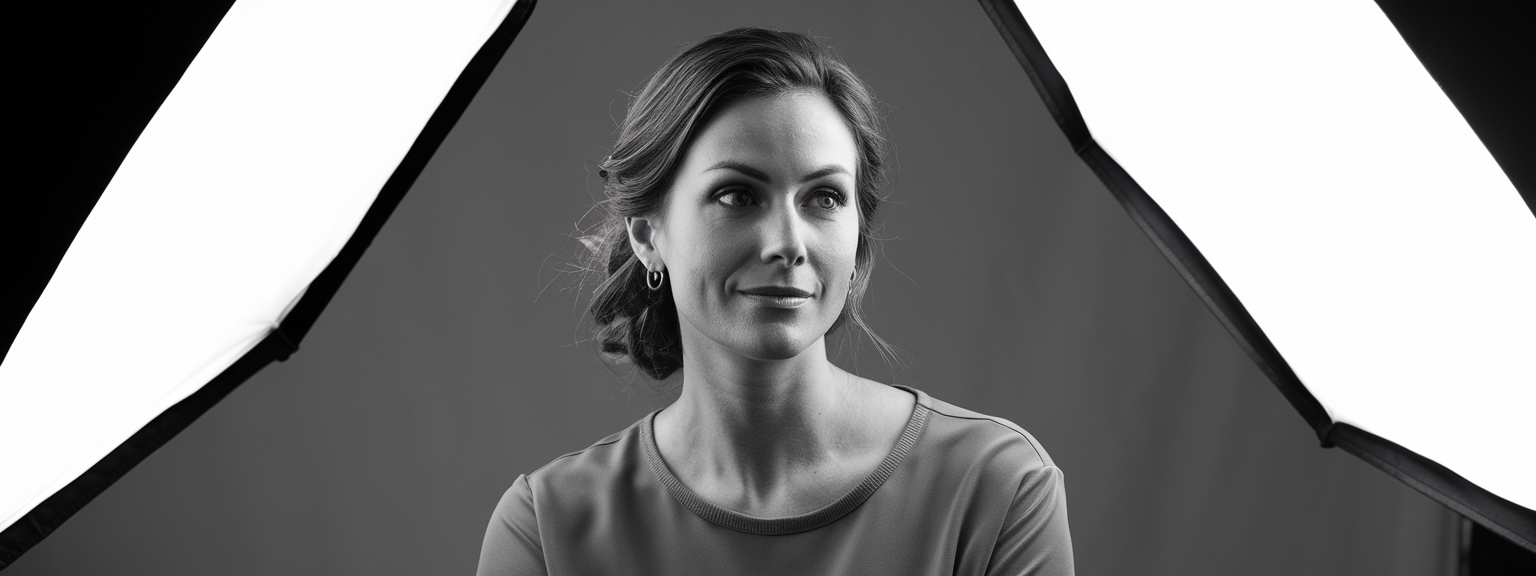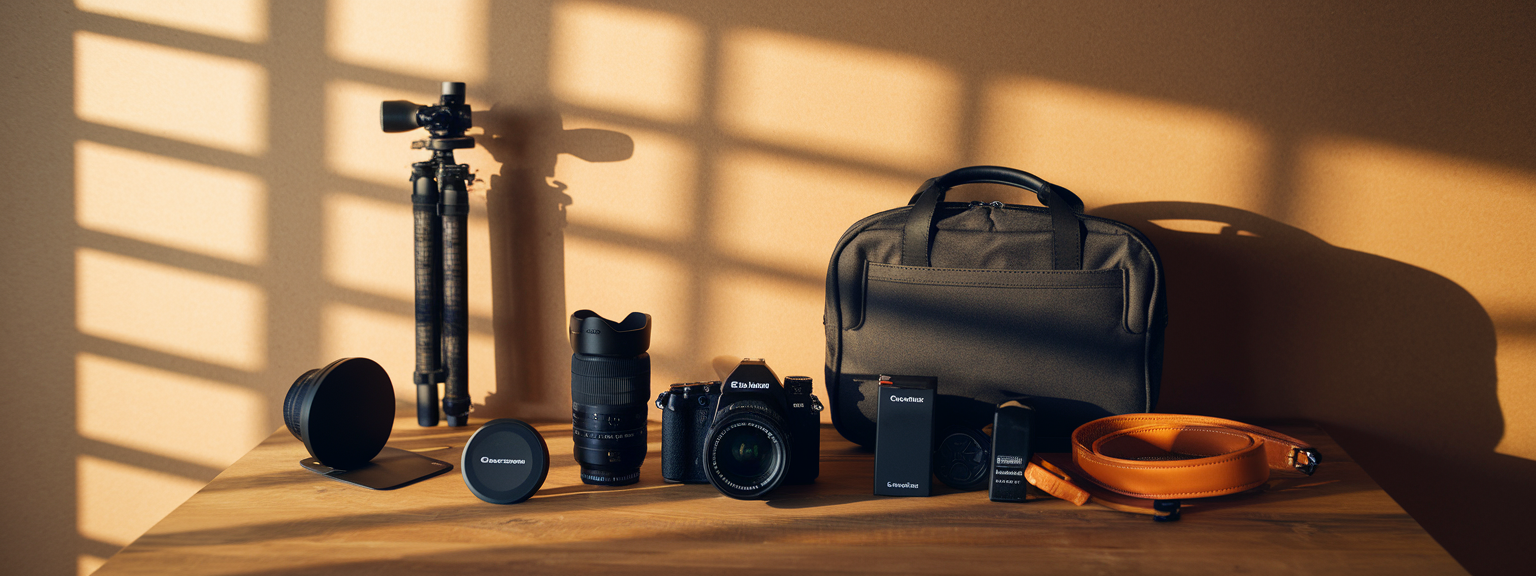10 Proven Techniques to Level Up Skills Fast

In today’s rapidly evolving creative industries, the ability to Level Up Skills quickly is no longer just a competitive advantage—it is a professional necessity. As a photographer and educator, I have seen how focused approaches to skill development, professional growth, and personal growth help artists thrive in demanding environments. This comprehensive guide presents 10 actionable strategies designed to enhance productivity, inspire continuous learning, and support long-term career advancement.
📝 Step-by-Step Guide: How to Level Up Skills
1. Adopt a Structured Learning Routine
A structured learning routine ensures steady progress without burnout. Dedicate 30–60 minutes each day to uninterrupted practice or study. Applying the “deep work” concept, eliminate distractions and focus on achieving one milestone at a time. For photographers, this may mean dedicating one week solely to mastering exposure before moving on to advanced composition techniques. Over time, these small but consistent sessions compound into significant professional growth.
2. Apply the 80/20 Rule (Pareto Principle)
The 80/20 rule highlights that 80% of results often come from 20% of focused effort. Identify which skills deliver the greatest return on investment in your field. For instance, in photography, lighting mastery often has a greater impact than specialized editing tweaks. By focusing on high-leverage areas, you accelerate both efficiency and artistry in your work, helping you to improve your skills with minimal wasted effort.
3. Practice with Purpose
Deliberate practice outperforms random repetition. Set targeted challenges instead of simply going through motions. An example would be setting a specific goal such as creating three strong natural-light portraits within a limited timeframe. Structured practice targets weak spots, strengthens muscle memory, and creates measurable progress. This disciplined approach ensures that your personal growth remains intentional and impactful.
4. Seek Feedback from Experts
Constructive critique is one of the fastest ways to eliminate blind spots. Whether you participate in peer-reviewed photo critiques, hire a mentor, or join professional forums, feedback accelerates awareness of both technical and creative areas that require improvement. Openness to external perspectives promotes a mindset shift that fuels faster skill development and professional growth.
5. Embrace Micro-Learning Techniques
Micro-learning involves consuming information in short, efficient sessions. These may include five-minute tutorials, flashcards, or quick reference sheets. Because consistency is more beneficial than infrequent intensity, micro-learning techniques help busy professionals sustain continuous learning without overwhelming schedules. Over time, these micro sessions collectively create major gains in knowledge retention and practical application.
6. Leverage Technology & Tools
Modern tools act as accelerators for skill development. Digital platforms such as Skillshare, Coursera, or LinkedIn Learning offer structured resources. Photographers can harness AI-powered editing software, Lightroom presets, or composition overlays to identify patterns and refine decision-making. By integrating these resources, you blend human creativity with technological efficiency, significantly enhancing productivity and professional output.
7. Teach What You Learn
Explaining concepts to others forces mastery. Create blog posts, record tutorials, or guide a peer through editing processes. Teaching not only reinforces your understanding but also establishes authority within your field. This combination of knowledge-sharing and practice is one of the most effective ways to strengthen both technical confidence and career advancement opportunities.
8. Build a Growth Mindset
A growth mindset shifts how obstacles are perceived. Instead of thinking, “I can’t do this,” retrain your mind to say, “I can’t do this yet.” By seeing setbacks as stepping stones to improvement, you maintain motivation and resilience. This perspective shift allows you to persist even when learning curves seem steep, reinforcing your long-term goals for personal and professional growth.
9. Set SMART Goals
SMART goals—Specific, Measurable, Achievable, Relevant, and Time-bound—transform vague intentions into clear roadmaps. For example, instead of saying, “I’ll get better at editing,” commit to “Master retouching workflows within two weeks.” Defined timelines increase accountability, provide measurable benchmarks, and reduce procrastination, making your development both strategic and attainable.
10. Consistency Over Intensity
Regular, smaller commitments outperform sporadic bursts of effort. Ten minutes of daily practice for a year yields better long-term results than a one-day binge-learning session. Consistency transforms isolated learning into ingrained habits, ensuring sustainable progress throughout your creative journey. The compounding effect of daily practice drives both technical competence and professional mastery.
📌 Practical Applications: Level Up Skills in Real Life
Beginners
Beginners benefit from starting with foundational exercises such as experimenting with camera settings, practicing depth of field, or scheduling small assignments that focus on one new technique each day. These incremental steps build solid technical foundations.
Intermediate Professionals
Mid-level creatives may focus on refining workflows by adopting shortcuts, automating repetitive tasks, and actively seeking portfolio reviews from industry leaders. This stage emphasizes efficiency and brand differentiation while continuing skill refinement.
Advanced Experts
Seasoned professionals should look toward diversifying their expertise, experimenting with niche markets, or integrating teaching into their careers. Operating at an advanced level requires equal parts innovation, leadership, and applied knowledge.
💡 Tips & Tricks: Effective Ways to Level Up Skills
- Time Blocking: Assign dedicated hours in your schedule specifically for practice and learning.
- Accountability Partners: Collaborate with another learner to exchange goals and feedback.
- Skill Stacking: Combine skills, such as photography + editing + social media, to expand versatility.
- Visualization: Mentally rehearse scenarios, such as guiding clients through poses, to enhance readiness.
- Avoid Burnout: Balance practice with purposeful rest to maintain creativity.
📸 Sample Scenario
Consider Sarah, a portrait photographer who has been stuck at the same skill level for three years. She sets a goal to improve natural light portraiture within 30 days. Each day, she dedicates 30 minutes to practice in varied environments. Sarah joins critique groups, receives actionable feedback, and adjusts her posing techniques accordingly. After 30 days, her portfolio demonstrates refined technical quality and increased client satisfaction. This case illustrates that consistent practice, reinforced by feedback, produces significant skill development in a short timeframe.
✅ Key Do’s for Effective Usage
- ✔ Break complex skills into smaller, manageable parts.
- ✔ Incorporate feedback from industry peers or mentors.
- ✔ Integrate learning into daily routines.
- ✔ Revisit fundamentals to correct ingrained habits.
- ✔ Track progress visually with journals or apps.
❌ Common Mistakes to Avoid
- ❌ Waiting for “perfect conditions” before practicing.
- ❌ Attempting multitasking during deep learning sessions.
- ❌ Copying others without developing an individual style.
- ❌ Rejecting feedback due to pride or discomfort.
- ❌ Consuming tutorials without hands-on application.
🔄 Troubleshooting & FAQs
What’s the fastest way to level up my skills?
The fastest path combines deliberate practice, structured learning, and consistent mentoring or feedback. Focused application trumps random activity.
Can these techniques apply outside photography?
Yes. Whether in design, writing, or entrepreneurship, the principles of focused practice, feedback, and structured learning apply across all industries.
How do I maintain motivation when progress feels slow?
Review past projects to see improvement, celebrate micro-wins, and set small achievable milestones that reinforce long-term motivation.
What tools support skill development best?
For photographers: Lightroom, Photoshop, and AI retouching apps. For broader learners: Coursera, Udemy, Skillshare, and Notion for tracking.
What if I have very little time for learning?
Adopt micro-learning with just 10 minutes daily. Small, regular progress generates far greater results than long, inconsistent bursts of study.
🖼️ Bringing It All Together
To Level Up Skills, integrate intentional strategies: structured learning, daily practice, feedback, and growth mindset cultivation. These approaches transform obstacles into opportunities for both personal and professional growth.
Success does not come from isolated effort but from consistent, intentional practice supported by a strong mindset and appropriate tools. Every creative professional—whether photographer, designer, or entrepreneur—can achieve meaningful skill development by embracing these strategies.
Visit our Photography Content Hub
Smart Resize by SmartLink Basics iPhone or iPad app
“`

![[Stunning Images Editing Workflow] [Photographer editing a vibrant landscape on a monitor, demonstrating techniques for stunning images]](https://lenslesson.com/wp-content/uploads/2025/12/advanced-stunning-images-editing-workflow.png)
![[sports-photography-action-shot] [Photographer using a telephoto lens to capture a fast break at a basketball game — Sports Photography]](https://lenslesson.com/wp-content/uploads/2025/12/sports-photography-action-shot-telephoto-basketball.png)
![[Travel photography sunrise capture] [Photographer capturing sunrise landscape during a travel photography trip with a mirrorless camera]](https://lenslesson.com/wp-content/uploads/2025/12/travel-photography-sunrise-shot-essentials.png)
![[Photo Tips Sharper Shots] [Close-up of a photographer adjusting camera settings - Photo Tips for sharper shots]](https://lenslesson.com/wp-content/uploads/2025/12/photo-tips-better-photos-smartphone-composition.png)
![[Urban Street Photography Moment] [Photographer capturing a candid moment on a busy city sidewalk — street photography scene]](https://lenslesson.com/wp-content/uploads/2025/12/street-photography-candid-urban-moment.png)



